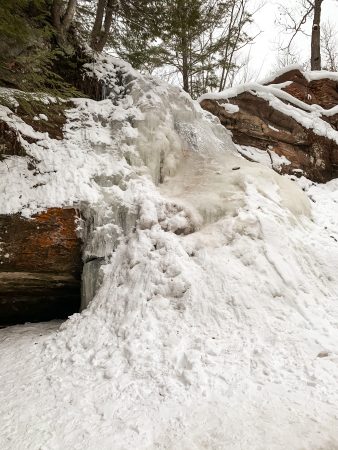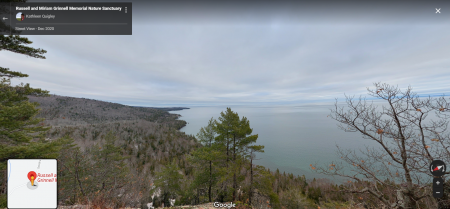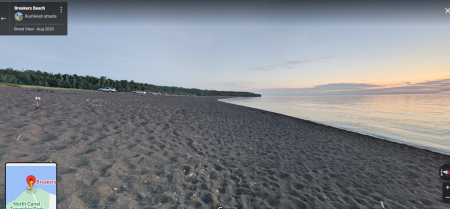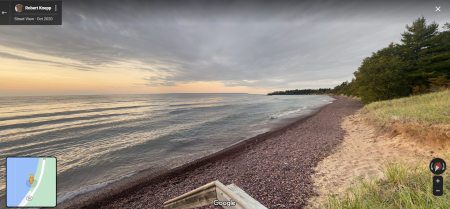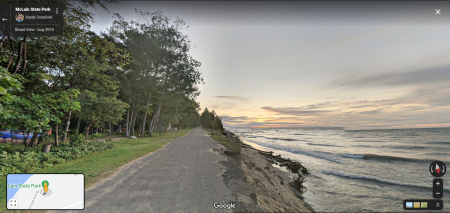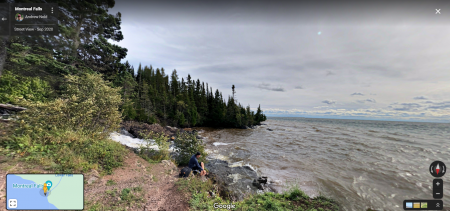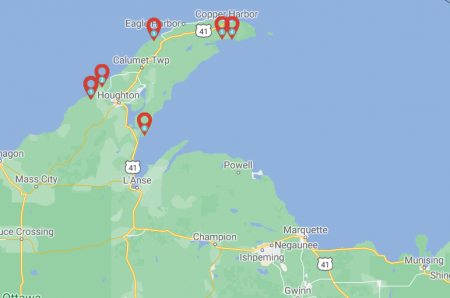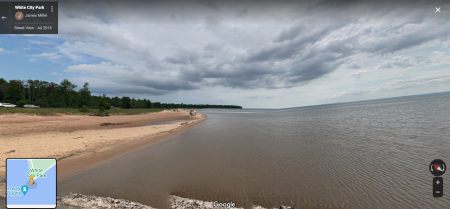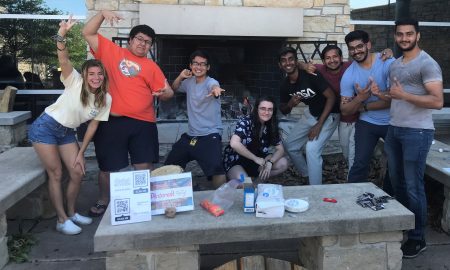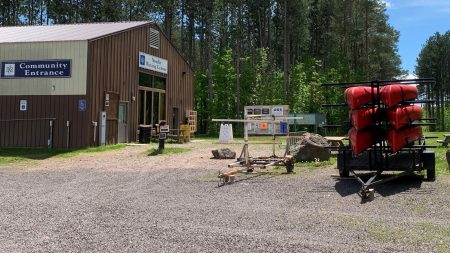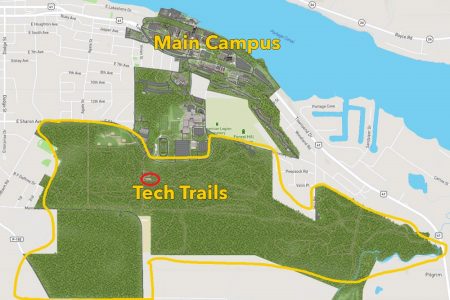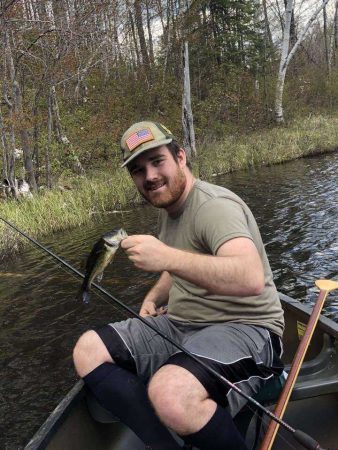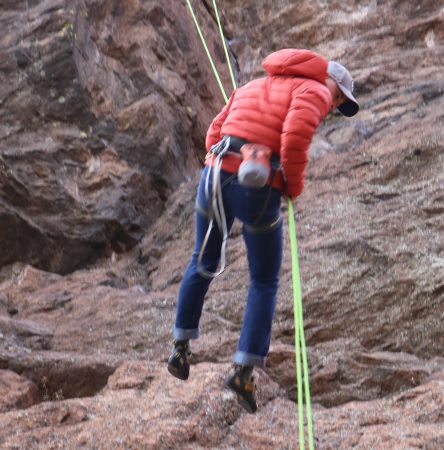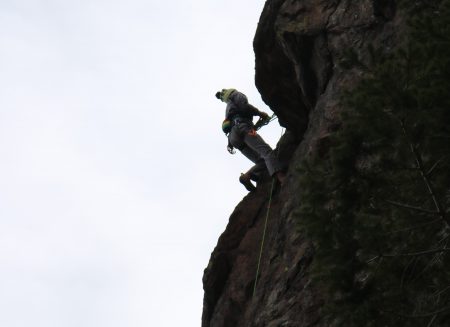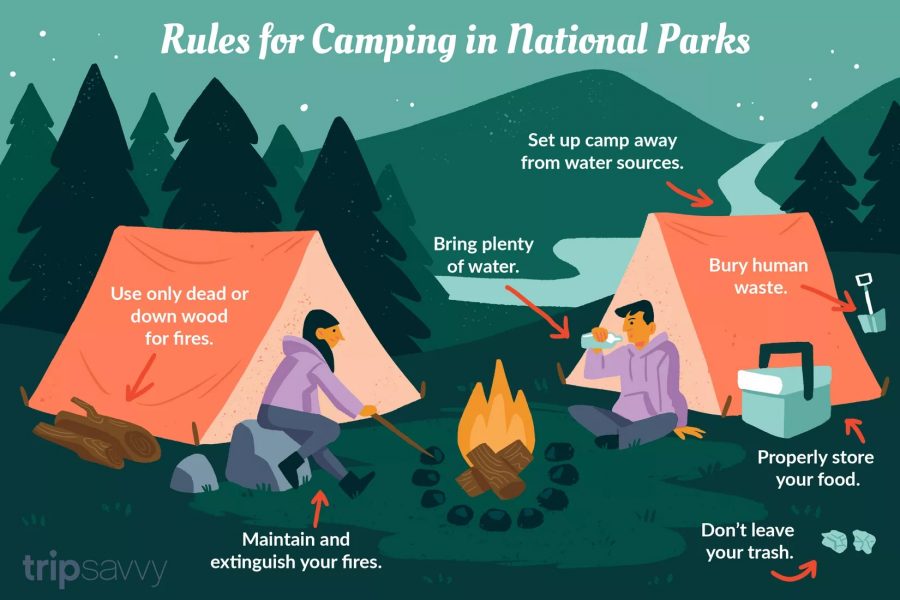Part of mental health and well-being in college includes looking at mindful eating. Mindful eating is being aware of what you are consuming and being attentive during the act of eating. While this is easier said than done, one Netflix special may make it a little bit easier to process.
Cooked on Netflix is a short series looking at how food can shape our world. The narrator and host, Michael Pollan, is an acclaimed writer who is known for taking extra steps when doing his writing. In his series Cooked, he meets with masters of the field, to take a deeper look at the relationship cultivated between themselves and food. Between old-world cheese-making and the time and care put into making bread dough, it can be an inspiration to take a closer look at your food.
As a college student who puts effort into everything other than cooking and as a person who hates to cook – I found this series inspirational. Something I’ve always wanted to improve on was what foods I was consuming and how I was consuming them. Getting home in the evening after classes and work, sometimes I make the quickest thing, so I can just simply eat. I am not taking the time to make a meal out of what I am eating and just consuming it as quickly as possible instead. Watching Michael Pollan talk with people who were so passionate about the time and energy put towards what they were making, made me want to take a second look at how I eat.
If you’re interested, check out the trailer here or visit the resources below to find out more on mindful eating.
*Some other great sources that explain more about mindful eating can be found below!
- Mindful Self-Talk Leads to Mindful Eating
- UCookbook from CampusWell
- 8 Steps to Mindful Eating
- Mindful Eating: The Art of Presence While You Eat
*Thank you to Meredith Raasio for contributing to this article and finding the above resources.
